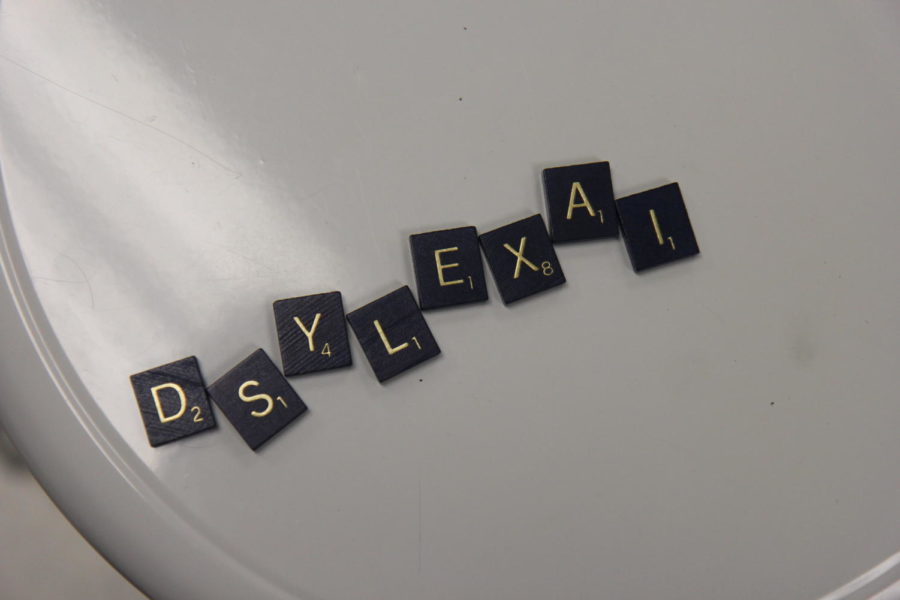RSD adheres to new State policies regarding dyslexia
When Anna Stover, senior, was in second grade, she didn’t know how to read.
“Not many people know I’m dyslexic, but some that do or even those who don’t will joke about it and say ‘oh so you see letters backwards and stuff,” Stover said. “We see few letters “backwards,” and that is just one very small thing that accompanies dyslexia.”
Stover has lived with dyslexia for all of her life, struggling with the condition in elementary school while still making the Gifted Program in first grade. Despite being proud of her distinction, Stover said her Gifted label actually hurt her development as a student.
“It’s worse for kids like me to have a high intelligence because the district said I had a high enough IQ that I didn’t need help, even though I couldn’t read,” Stover said. “They wouldn’t allow me to do reading intervention, which was a program for kids who were behind in reading, because of my IQ.”
The dyslexia guidelines Stover battled through will soon change, with new policies mandating dyslexia screening and research coming into effect in the Fall.
Kim Stuckey is a Director and Dyslexia specialist at the Department of Elementary and Secondary Education. Stuckey said it is hard to qualify whether or not each district in the state has been combatting dyslexia effectively.
“It’s really hard to tell because dyslexia isn’t something that’s been talked about for a long time,” Stuckey said. “Different districts have different philosophies on the reading processes and how they grant. Some folks believe that you learn how to read one way and other groups who believe that you learn to read another way.”
Stuckey said the best part of the new guidelines is that they are a part of the advancing national conversation of dyslexia.
“I’m hopeful that we are having some really important conversations,” Stuckey said. “Certainly there are many more conversations and much more openness around the idea that students suffer with dyslexia that is real and we have a definition for it.”
She said for the most part, school administrators have welcomed the policies.
“School districts are open to this discussion,” Stuckey said. “By and large they want to do what’s best for their students.”
Your donation will support the student journalists of Marquette High School. Your contribution will allow us to purchase equipment and cover our annual website hosting costs. You may become a PATRON by making a donation at one of these levels: White/$30, Green/$50, Blue/$100. Patron names will be published in the print newsmagazine, on the website and once per quarter on our social media accounts.

Greg Svirnovskiy, senior, is the Editor in Chief for the Messenger. Greg is passionate about the subjects of journalism and history. He is currently also...



